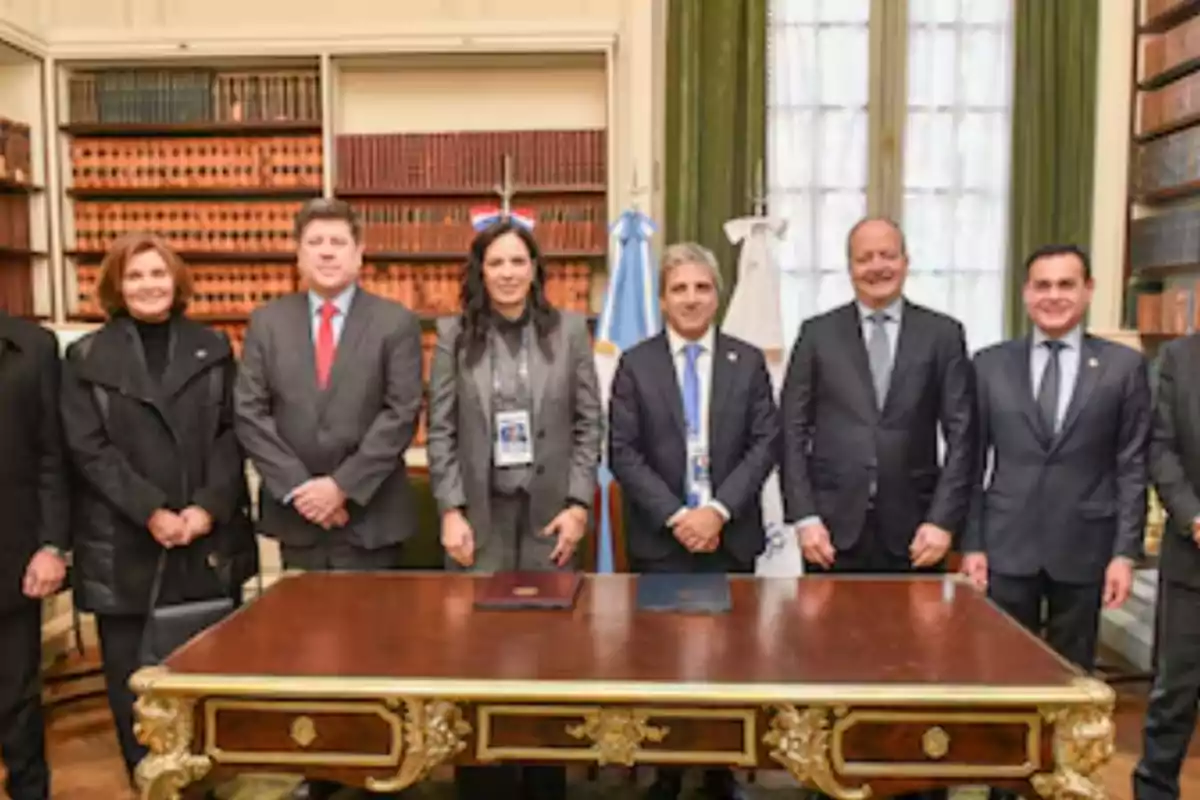
Argentina signs memorandum to promote energy integration in Mercosur
The agreement aims to improve interconnection among the member countries of the bloc
During the Mercosur presidential summit held in Buenos Aires on July 2 and 3, 2025, Argentina signed a memorandum of understanding to promote regional energy integration.
The main objective is to improve the interconnection of electric and gas networks among the bloc's countries, strengthening energy security and supporting the transition to renewable sources.
This measure adds to the formal commitment with Brazil and Paraguay to export natural gas, especially from the Vaca Muerta formation. The memorandum includes the joint development of infrastructure, such as gas pipelines and power lines, with technical support from organizations like OLADE and CAF.
Gas and electricity integration with a vision for 2040
The gas integration project is already in the technical planning stage: the second phase of Mercosur's plan aims to double the supply of natural gas in the region by 2040. It is estimated that by then, 75% of South America's energy consumption will be local, with natural gas playing a central role.
Meanwhile, the bloc will authorize financing of US$575 million for electric interconnection works among Brazil, Paraguay, Uruguay, and Argentina, through the Structural Convergence Fund (FOCEM), which will strengthen regional energy resilience.
Argentina bets on efficiency and sustainability
The memorandum also aligns with recommendations from the Mercosur Parliament (PARLASUR), which promotes a regional Energy Efficiency Plan. The initiative proposes standards, tax incentives, and educational programs to optimize energy use and reduce greenhouse gas emissions.
The purpose is to coordinate a sustainable energy transition that integrates governments, the private sector, and civil society, with concrete goals and technical cooperation.
Political and diplomatic context
These actions are taking place at a time of international political tension. Although President Javier Milei has been critical of Mercosur, considering it a "customs prison," the government has adopted a pragmatic approach: making the bloc more flexible to attract foreign investment and strengthen global integration.
The Foreign Ministry has proclaimed that Mercosur's modernization is "vital" to open markets and boost the region, and highlighted that removing barriers and advancing energy integration can be a key driver of development.
A regional challenge with concrete benefits
Energy integration will facilitate the exchange of electricity and gas, improve the ability to respond to climate events, and allow for the optimization of logistics costs.
At the same time, it will pave the way for Vaca Muerta to become a strategic supplier for neighboring countries, consolidating its position over the next decade.
More posts: